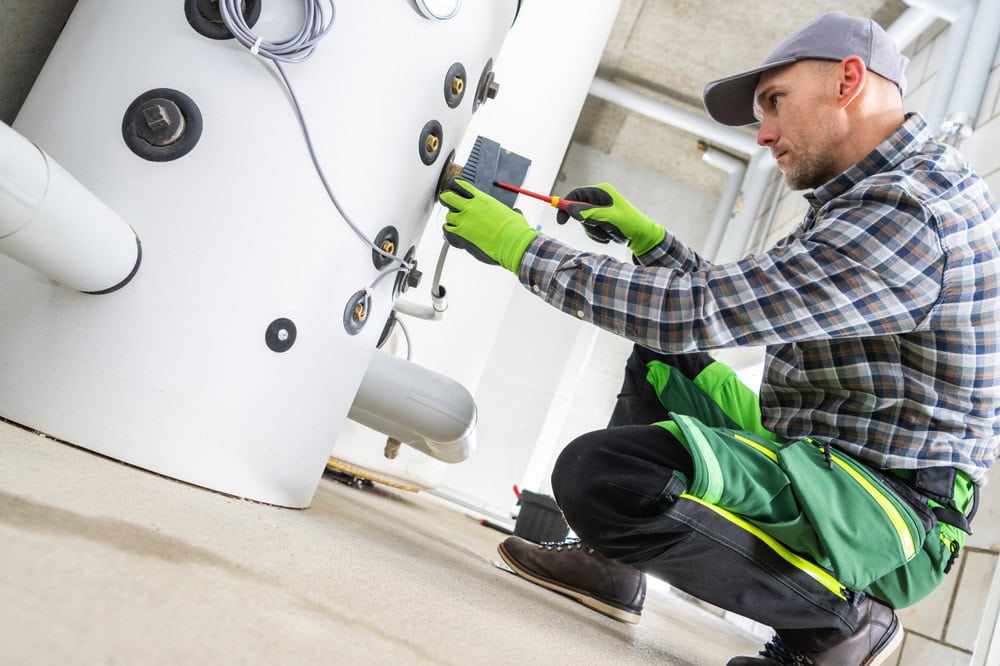Journey-Level Experience: How to Document 4 Years
Documenting your journey-level experience is a crucial step in obtaining your California contractor’s license. The California Contractors State License Board (CSLB) requires four years of verifiable journey-level experience within the past ten years, and knowing how to properly document this experience can make the difference between application success and rejection. Understanding the nuances of this … Read more










